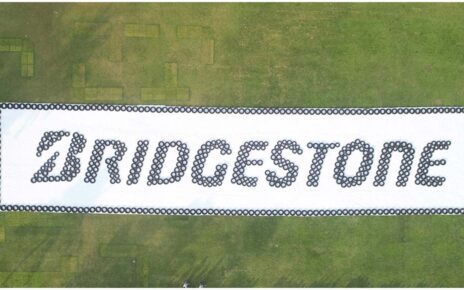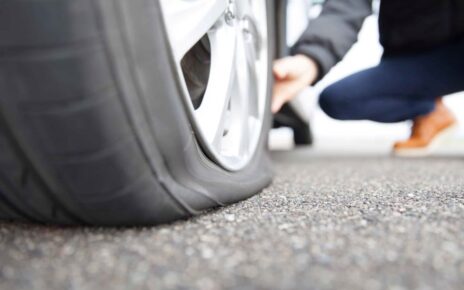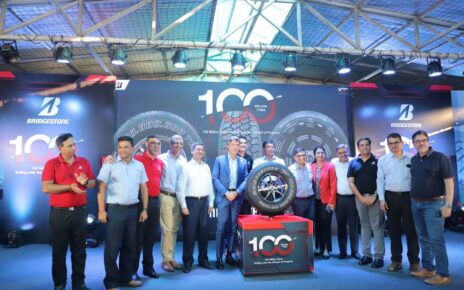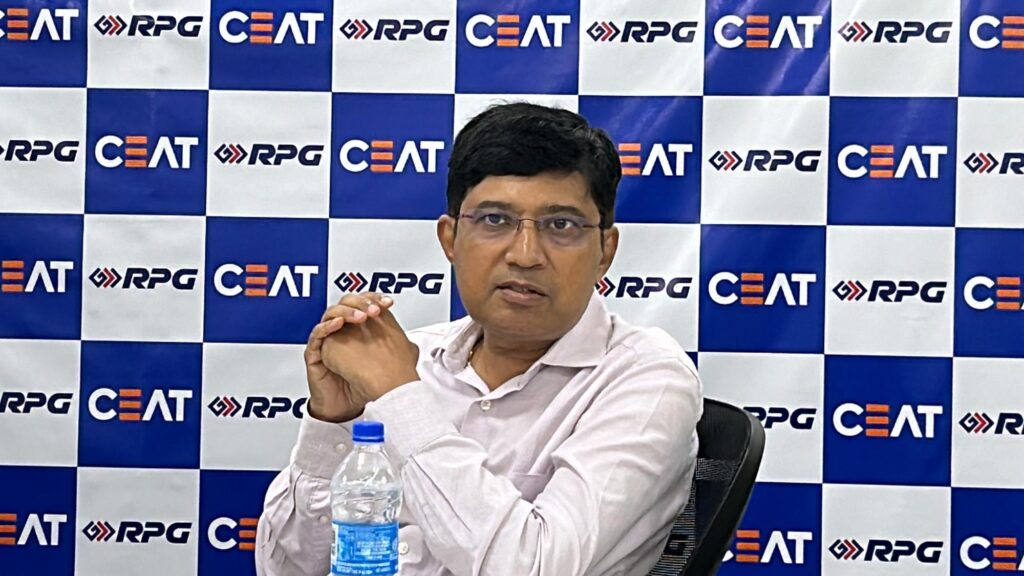
In today’s rapidly evolving industrial landscape, sustainability and efficiency have become the cornerstones of modern manufacturing. CEAT, one of India’s leading tyre manufacturers, has taken significant strides toward setting new benchmarks in both areas. At the heart of this transformation lies the CEAT Chennai plant, a facility that blends cutting-edge technology with a strong commitment to environmental responsibility. With ambitious goals laid out under its Vision 2026 initiative, CEAT is positioning its Chennai plant as a global hub for smart and sustainable tyre production.
Vision 2026: A Global Manufacturing Hub
“CEAT’s Chennai Plant Vision 2026 sets an ambitious goal: to become a ‘globally competitive, smart, and sustainable’ manufacturing hub,” shares Jayasankar Kruppal, Senior Vice President – Manufacturing, CEAT.
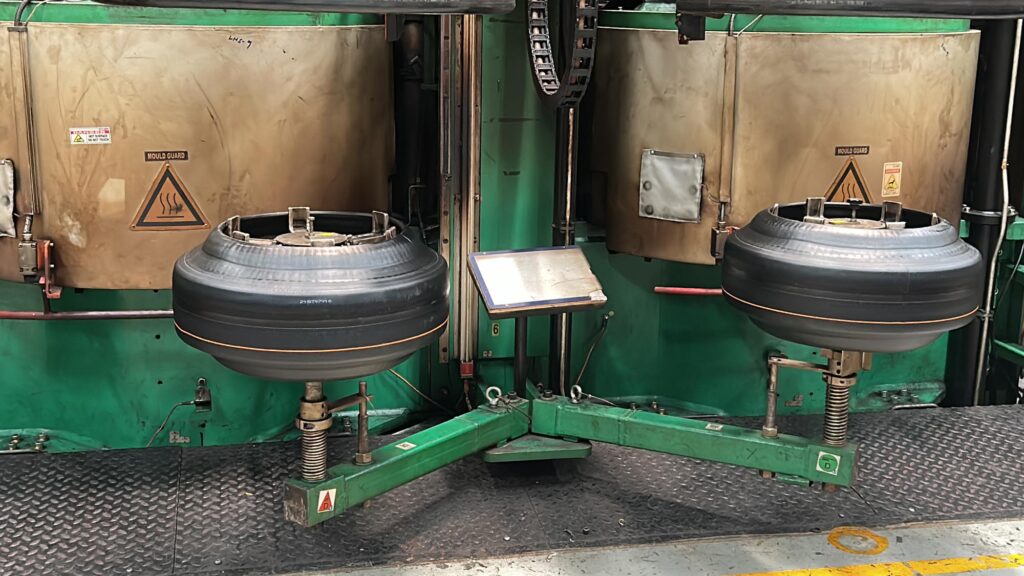
The vision rests on three key pillars: sustainability, digital capabilities, and agile customer responsiveness. By focusing on these areas, CEAT aims to establish its Chennai plant as the most efficient and flexible tyre manufacturing facility in the world.
Commitment to Sustainability
The Chennai plant’s sustainability initiatives reflect CEAT’s broader commitment to environmental stewardship. The facility has planted over 12,000 trees, contributing to a 25% green cover and creating a lush ecosystem that enhances air quality and biodiversity.
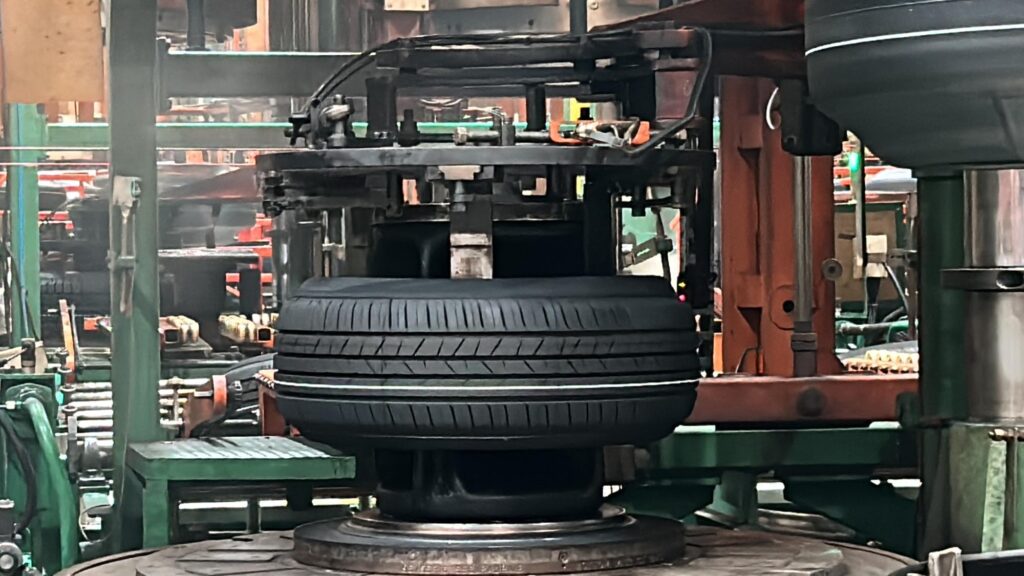
“Energy conservation is another crucial aspect of CEAT’s sustainability efforts,” explains Jignesh Sharda, Senior Vice President of Quality Assurance, Sustainability, and Business Excellence, CEAT. “The installation of a 5 MW solar rooftop system, combined with a transition to LED lighting throughout the facility, has significantly reduced the plant’s carbon footprint.” He adds that CEAT plans to further expand its renewable energy capacity with an additional 5 MW solar rooftop system and a 10 MW group captive solar plant, reinforcing the company’s energy independence.
Water conservation is another focus area, with the implementation of Zero Liquid Discharge (ZLD) plants reducing water usage. The use of Tertiary Treated Reverse Osmosis (TTRO) water in industrial processes minimizes the strain on local water resources. These initiatives, along with projects aimed at improving boiler efficiency and reducing steam consumption, have helped the plant achieve an impressive 42% reliance on green power.
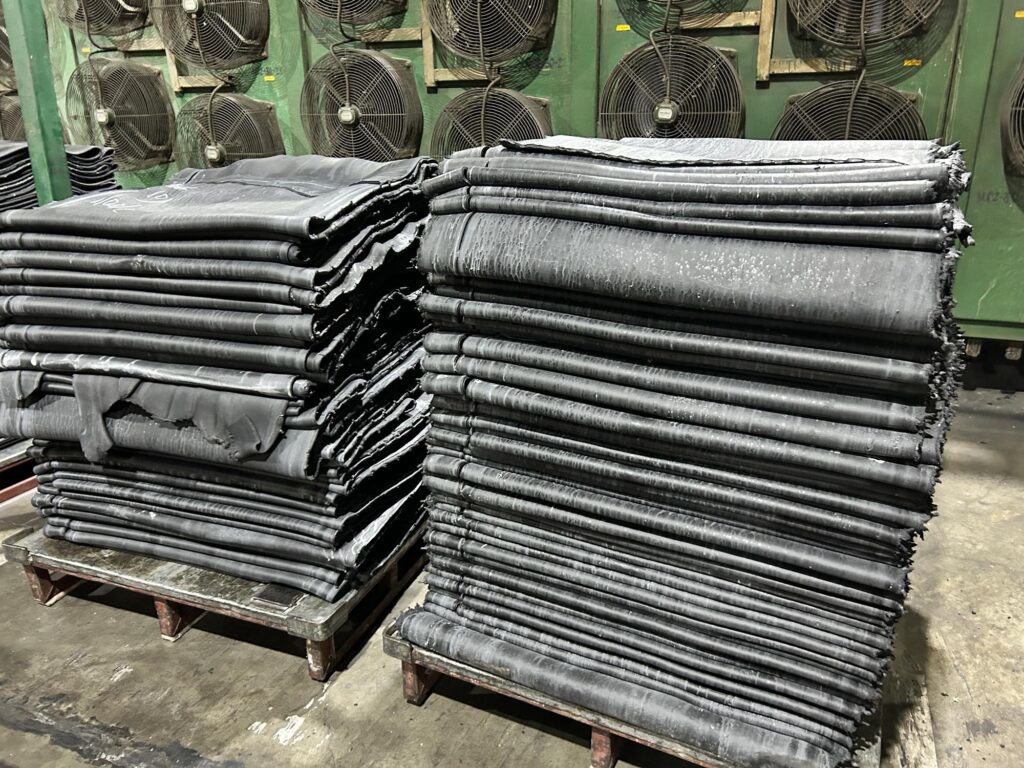
CEAT’s waste management strategy is equally rigorous. The company has implemented measures to ensure the proper disposal of hazardous waste and has achieved significant carbon emission offsets through various sustainability projects.
Technological Advancements and Operational Efficiency
“The Chennai plant stands as a testament to CEAT’s commitment to Industry 4.0 principles,” says Kruppal. The facility’s digital footprint spans all processes, from gate-in to gate-out, allowing for real-time monitoring and optimization of production.
Advanced analytics and Internet of Things (IoT) solutions are employed to track and enhance production parameters such as material variance, rework rates, and equipment health. Digital tools like Plan Visage are used for advanced planning and scheduling, enabling the plant to respond swiftly to market demands.
Lean operations form the backbone of CEAT’s manufacturing philosophy. By reducing waste, improving equipment uptime, and optimizing cycle times, the company has significantly boosted operational efficiency. The use of root cause analyzers for quality improvements ensures that the plant consistently delivers high standards of product quality.
Workforce Excellence and Diversity
CEAT recognizes the importance of its workforce in driving its success. The Chennai plant boasts a young and dynamic employee base, with an average age below 25 years. This youthful workforce brings innovation and adaptability to the plant’s operations.
Notably, CEAT has made significant strides in promoting gender diversity, maintaining a 20% female workforce at the Chennai facility. This commitment to inclusivity enriches the workplace culture and fosters diverse approaches to problem-solving and innovation.
Production Milestones and OEM Approvals
Within just 25 months of operation, the Chennai plant secured approvals from 11 Original Equipment Manufacturers (OEMs) – a remarkable feat considering that such approvals typically take around five years for a greenfield project.
The plant’s product range is diverse, manufacturing Passenger Car Radial (PCR), Truck Bus Radial (TBR), and Motorcycle Radial (MCR) tyres, which positions CEAT as a comprehensive tyre solution provider.
“Our commitment to quality and sustainability has not gone unnoticed,” notes Sharda. “The Chennai plant has earned several prestigious certifications, including ISO 14001 and 45001 for environmental and safety management, and IATF 16949 for automotive industry quality management.”
In addition to these certifications, the plant has been awarded IGBC Platinum certification for its green factory initiatives, the British Safety Council’s 5-Star Award, and the Sword of Honour for exemplary safety standards. Perhaps most impressively, the plant has received the Deming Grand Prize, a global benchmark for operational excellence and quality management.
Market Expansion and Product Innovation
CEAT’s growth in the passenger car segment highlights the company’s rise as a global player in the tyre industry. Having significantly expanded its capacity since 2008, CEAT now exports a substantial portion of its products to Europe.
The company’s product development focuses on sustainable and high-performance tyres. The use of silica in tyre production has enhanced both sustainability and performance, while CEAT’s ongoing efforts to develop specialized tyres for electric vehicles (EVs) underscore its commitment to innovation.
Challenges and Future Outlook
Despite its successes, CEAT continues to face challenges in its pursuit of sustainability and market expansion. According to Kruppal, “Balancing tyre durability with degradability while maintaining performance is a key challenge.” CEAT addresses this through platform-based product design, offering specialized tyres for different customer needs. For instance, the Ever Mileage X5 platform caters to taxi drivers, while the Secure Drive platform focuses on high-end SUVs.
Looking ahead, CEAT aims to increase international revenue from 30% to 50% by expanding into new markets such as the US and developing specialty tyres for agricultural and military applications.


